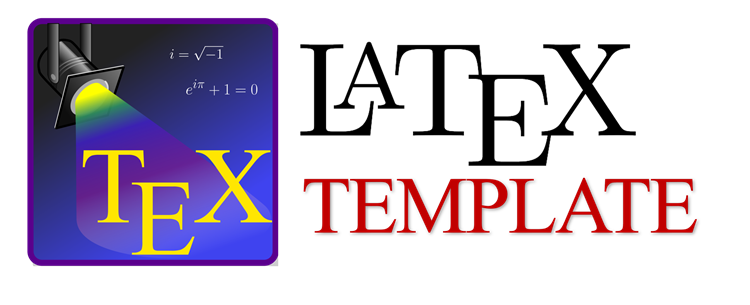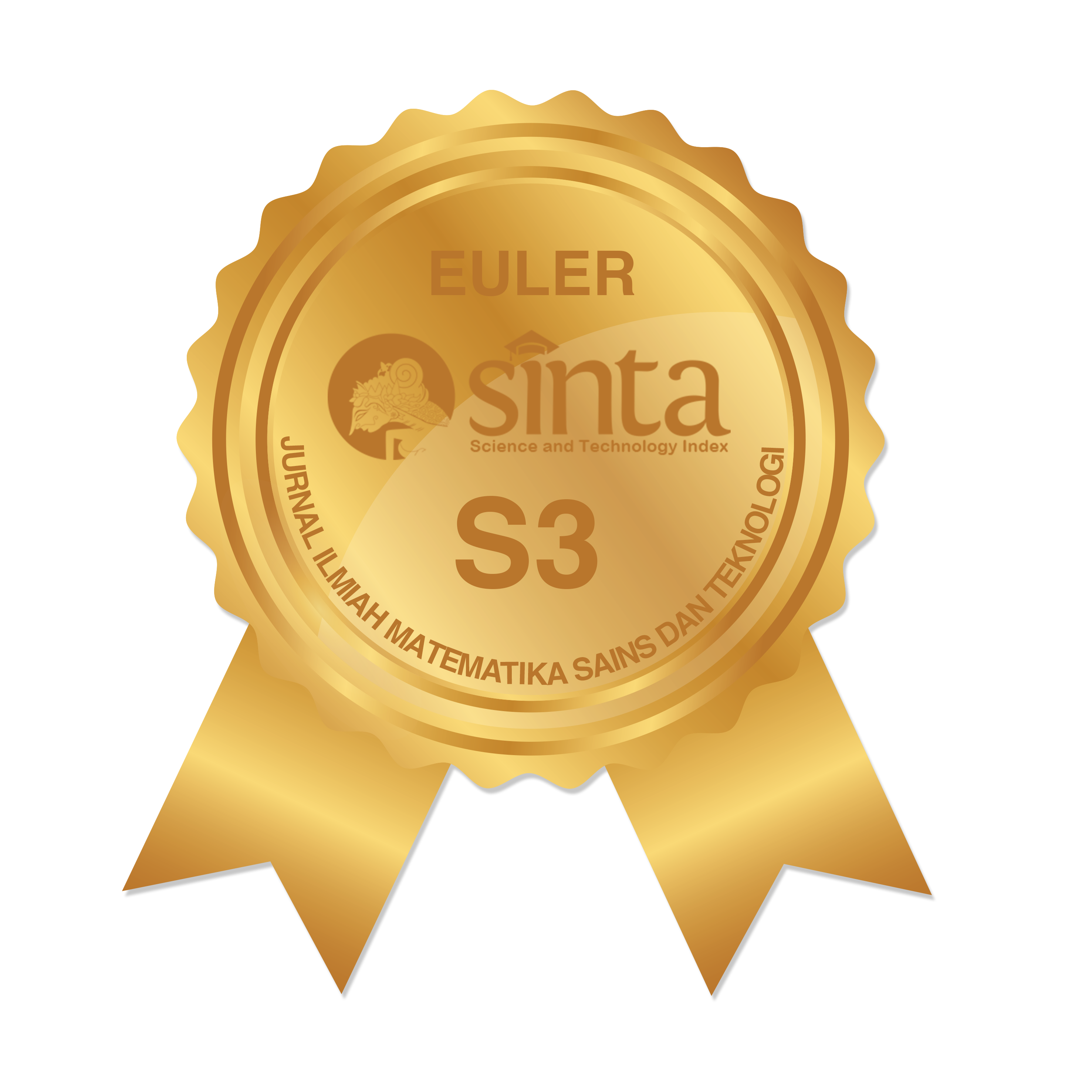Penerapan Model Pembelajaran Treffinger untuk Meningkatkan Kemampuan Pemahaman Konsep Matematis Siswa berdasarkan Self-Efficacy
Abstract
Keywords
Full Text:
PDFReferences
"Permendikbud Nomor 58 tahun 2014" Jul. 02, 2014 Accessed: Dec. 09, 2022. [Online]. Available: https://drive.google.com/file/d/1eXWSRFTEebCfnFoziQeaNFwiahyl-ic7/view?usp=sharing
R. Rosita, "Pengaruh Cooperative Meaningful Instructional Design (C-MID) terhadap Hasil Belajar Siswa di MTsN Langsa" Jurnal Ilmiah Pendidikan Matematika AL-QALASADI, vol. 2, no. 2, pp. 13-40, 2018, doi: 10.32505/qalasadi.v2i2.796
R. Putri, M. Mukhaiyar, and A. Ananda, "Penerapan Model Pembelajaran M-APOS untuk Meningkatkan Kemampuan Pemahaman Konsep Matematis" Jurnal Ilmiah Pendidikan Matematika Al-Qalasadi, vol. 6, no. 2, pp. 167-177, Dec. 2022, doi: 10.32505/qalasadi.v6i2.5034
I. V. S. Mullis, M. O. Martin, P. Foy, and M. Hooper, "TIMSS 2015 International Results in Mathematics" Retrieved from Boston College, TIMSS & PIRLS International Study Center, 2016. http://timssandpirls.bc.edu/timss2015/international-results/ (accessed May 31, 2023)
D. Maliny, "Pengaruh Penerapan Model Pembelajaran Treffinger terhadap Kemampuan Pemahaman Konsep Matematis berdasarkan Self Efficacy Siswa MTs Al-Muttaqin Kota Pekanbaru" UIN Sultan Syarif Kasim Riau, Pekanbaru, 2021
M. Huda, Model-model Pengajaran dan Pembelajaran: Isu-Isu Metodis dan Paradigmatis, Cet. 4. Yogyakarta: Pustaka Pelajar, 2014
H. Yulinsa, R. W. Y. Putra, and F. Farida, "Peningkatan Pemahaman Konsep Matematis Melalui Penerapan Model Pembelajaran Treffinger Berbantu Bahan Ajar Alqurun" Jurnal Ilmiah DIDAKTIKA, vol. 21, no. 2, pp. 177-194, 2021, doi: 10.22373/jid.v21i2.6640
N. Fuadiyah, "Keefektifan Model Pembelajaran Treffinger terhadap Kemampuan Koneksi Matematis dan Self-Efficacy Siswa" Skripsi, UNNES (Universitas Negeri Semarang), Semarang, 2019
A. Bandura, Self-efficacy the exercise of control, 13th ed. New York: Freeman, 2012
R. Annisa and H. Hartono, "Pengaruh Penerapan Model Problem Posing terhadap Kemampuan Pemahaman Konsep Matematis Berdasarkan Self Efficacy Siswa MTsN 03 Kota Pekanbaru" in Seminar Nasional Paedagoria, Sep. 2022, pp. 226-236
S. Sugiyono, Metode Penelitian Pendidikan (Kuantitatif, Kualitatif, Kombinasi, R&D dan Penelitian Pendidikan). Bandung: Alfabeta, 2019
S. D. Puspa, J. Riyono, and F. Puspitasari, "Analisis Faktor-Faktor yang Mempengaruhi Pemahaman Konsep Matematis Mahasiswa dalam Pembelajaran Jarak Jauh Pada Masa Pandemi Covid-19" Cendekia, vol. 5, no. 1, pp. 302-320, Mar. 2021, doi: https://doi.org/10.31004/cendekia.v5i1.533
N. Nurhayati, J. Fakhri, R. W. Y. Putra, and A. Simatupang, "Pengaruh Model Pembelajaran Treffinger Berbantuan Alat Peraga Terhadap Pemahaman Konsep Matematis Peserta Didik" Cendekia, vol. 5, no. 3, pp. 2164-2171, Nov. 2021, doi: 10.31004/cendekia.v5i3.778
Y. N. Asri, et al., Model-Model Pembelajaran, Cetakan I. Sukabumi: Sukabumi: Haura Utama, 2022.
DOI: https://doi.org/10.34312/euler.v11i1.19879
Refbacks
- There are currently no refbacks.
Copyright (c) 2023 Nindi Eliza Putri, Abdul Fatah

This work is licensed under a Creative Commons Attribution-NonCommercial 4.0 International License.
Euler : Jurnal Ilmiah Matematika, Sains dan Teknologi has been indexed by:
EDITORIAL OFFICE OF EULER : JURNAL ILMIAH MATEMATIKA, SAINS, DAN TEKNOLOGI |
 | Department of Mathematics, Faculty of Mathematics and Natural Science, Universitas Negeri Gorontalo Jl. Prof. Dr. Ing. B. J. Habibie, Tilongkabila, Kabupaten Bone Bolango 96554, Gorontalo, Indonesia |
 | Email: [email protected] |
 | +6287743200854 (WhatsApp Only) |
 | Euler : Jurnal Ilmiah Matematika, Sains dan Teknologi (p-ISSN: 2087-9393 | e-ISSN:2776-3706) by Department of Mathematics Universitas Negeri Gorontalo is licensed under a Creative Commons Attribution-NonCommercial 4.0 International License. Powered by Public Knowledge Project OJS. |














